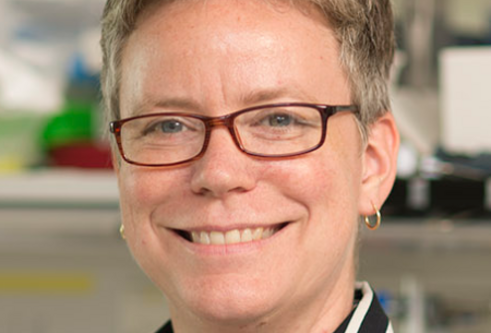PhD opportunity
Cellular landscapes of protein secretion
Unfunded
31 August 2026
- Funding – self-funded/externally sponsored applicants (PhD Fees can be found here)
- Applications are accepted year round
- Standard Entry dates – January and September
- Applicants are expected to have a degree (equivalent of Honours or Masters) in a relevant discipline.
Approximately one-third of the human genome encodes membrane and secretory proteins that must be delivered to the correct sub-cellular or extracellular compartment. The first step in protein delivery via the secretory pathway is capture into COPII vesicles that transfer proteins from their site of synthesis in the endoplasmic reticulum (ER) to the Golgi. Our detailed understanding of COPII vesicle formation has been largely based on characterizing this process in model cell types using a small number of well-characterized cargo proteins. This project aims to understand the mechanisms of secretion in diverse cell types with distinct physiology. In this way, we hope to develop insight into the diversity of protein secretion and develop small molecules that will selectively inhibit subsets of protein secretion events.
This project will leverage expertise in the human pluripotent stem cell facility with proteomic analysis of protein secretion to reveal specific pathways that yield the unique secretion fingerprint of a given cell type. Starting with CRISPR-based genome editing of pluripotent stem cells, we will first introduce mutations in well-characterized COPII proteins and ER export receptors. Next, we will differentiate these cells into different cell types, including hepatocytes, gut epithelia and neurons, and monitor the secreted proteome using mass spectrometry. Working with the Drug Discovery Unit, we will engineer small molecules that inhibit specific protein-protein interactions that drive specific secretion events and thus target physiologically important secreted proteins for therapeutic intervention.
Our research community thrives on the diversity of students and staff which helps to make the University of Dundee a UK university of choice for postgraduate research. We welcome applications from all talented individuals and are committed to widening access to those who have the ability and potential to benefit from higher education.
How to apply
Please contact the principal project supervisor to discuss your interest further, see supervisor details below.
For general enquiries, contact [email protected]
